Retired coroner John Hutton wants change to button batteries
With a Queensland family getting some welcome news after their young daughter swallowed a battery this week, a “haunted” former coroner says more needs to be done to keep children safe after his recommendations in 2013 were ignored.
The coroner who held an inquest into Australia’s first child death from a button battery wants manufacturers to make the tiny devices safer and for governments to do more to educate parents.
Retired coroner John Hutton said he remains “haunted” by the death of four-year-old Summer Steer and believes more needs to be done to protect children after a Queensland toddler was this week placed in an induced coma from swallowing a battery.
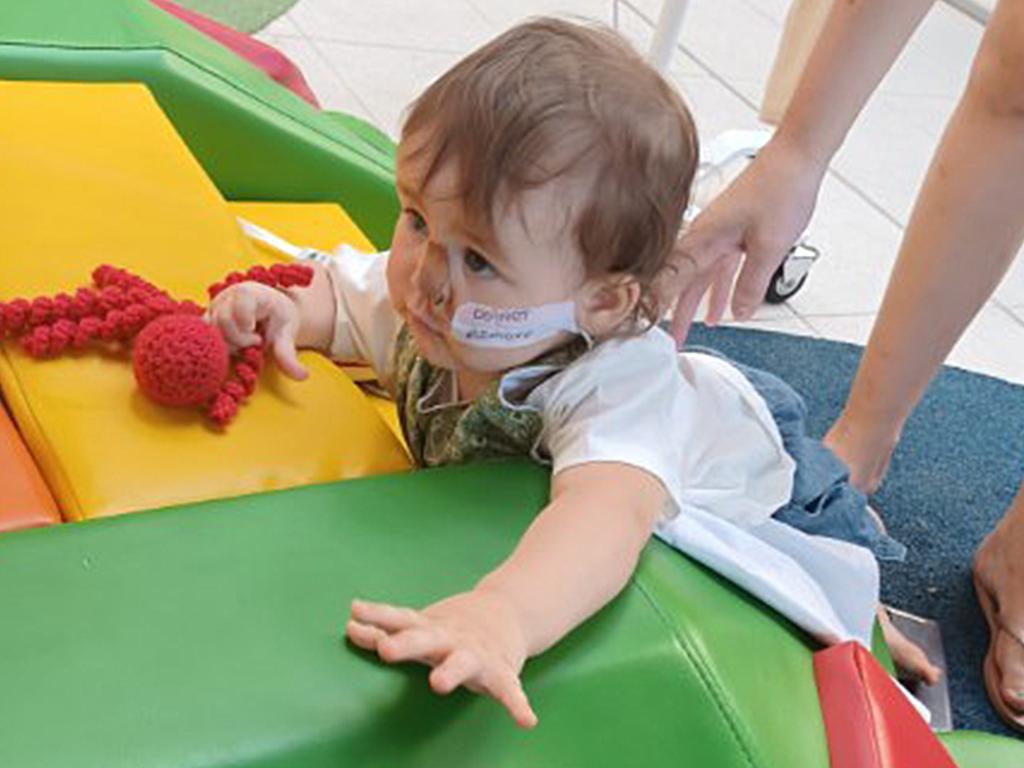
One-year-old Amity Buchanon managed to remove the battery from an old car key, leaving her with an 8cm burn to her oesophagus. She was brought out of the coma on Thursday and by Saturday was smiling and playing with blocks.
“Children are the most vulnerable people in our society,” Mr Hutton said.
“If we are going to have button batteries, we have a duty of care to make sure they are not conducive to putting in children’s mouths.”
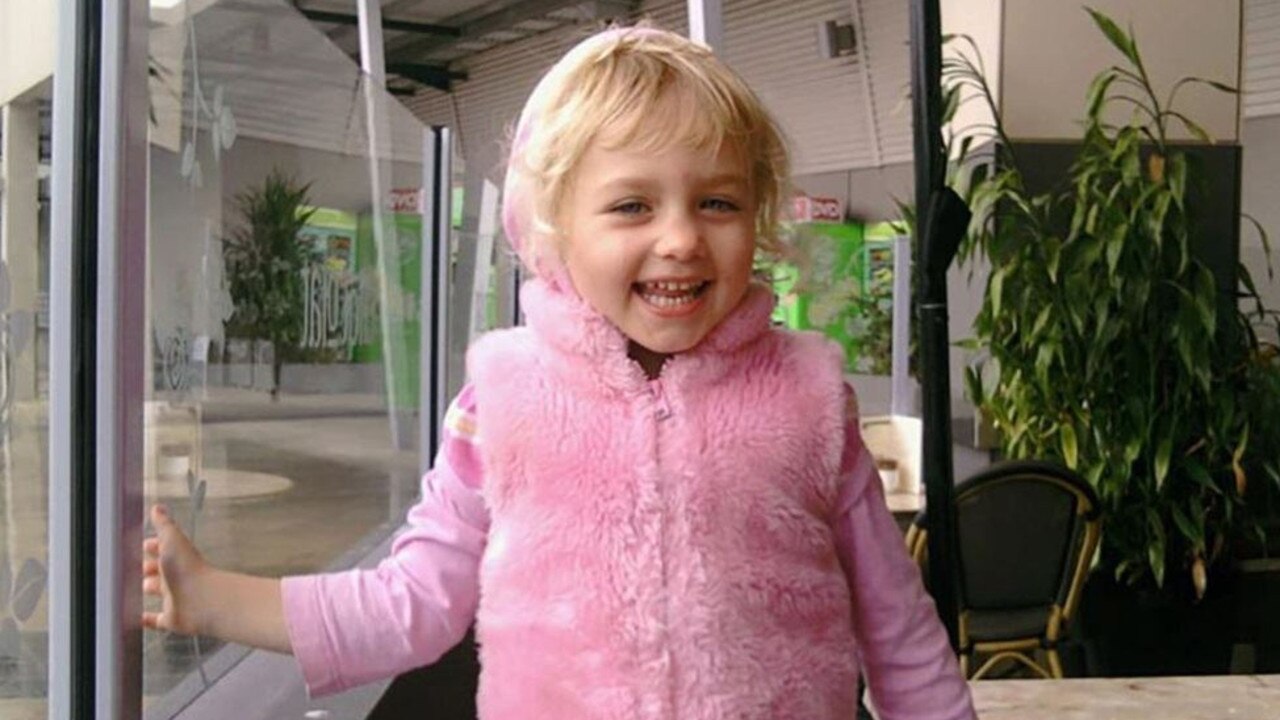
Summer Steer was four years old when she died in 2013, two weeks after she swallowed a tiny lithium battery without anyone knowing.
Doctors in Noosa only discovered the battery after Summer, who had repeatedly vomited blood, had to be intubated, which lead to a chest X-Ray.
Summer went into cardiac arrest as she was being taken from a helicopter at the Royal Children’s Hospital. The battery had burned through her oesophagus and her aorta.
“It has haunted me ever since, because of the way she died,” Mr Hutton said.
“She died at the threshold of a hospital.
“We can’t stop button batteries. They are everywhere. They’re in hearing aids, greeting cards, even children’s toys.
“So we have to make them safer.”
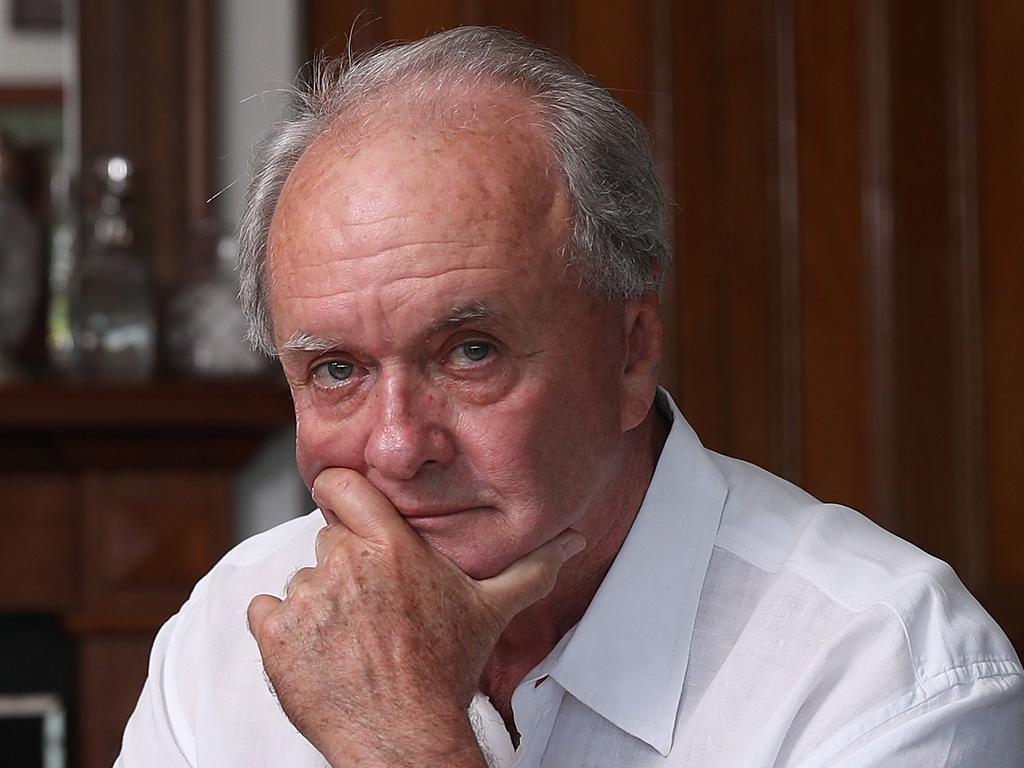
Mr Hutton’s findings at the inquest into Summer’s death included a recommendation that manufacturers urgently come up with a design that prevents the battery from reacting when ingested.
Two more children have since died from button batteries.
Kidsafe Queensland CEO Susan Teerds said there needed to be a continuous awareness campaign to educate parents on the dangers – particularly around just how many devices have them hidden inside.
“From the time they are manufactured to the end of their life in a recycling facility, these are deadly items,” she said.
“There needs to be a continuous awareness campaign and it needs funding.
“There’s a misconception around it being only toys that are the problem. These things are everywhere. If you go into any shop, you will see things like hair bands with flashing lights, the plastic light-up candles you use at Easter. The calculator on your desk, your key fobs, your garage remote, Apple air tags.”
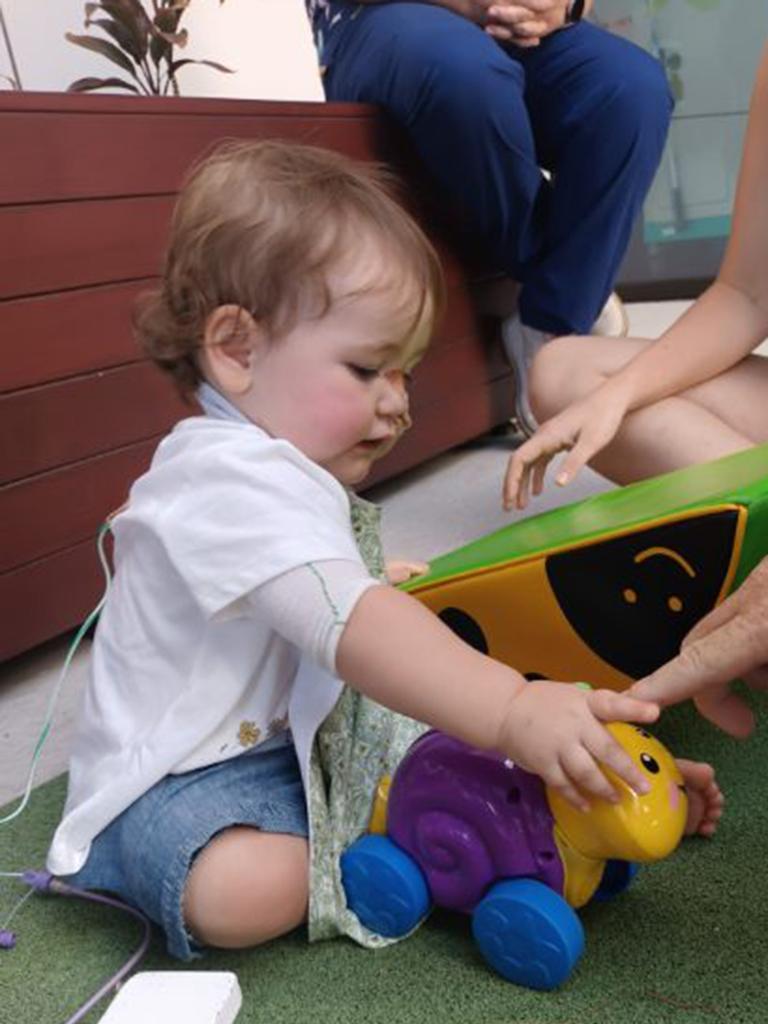
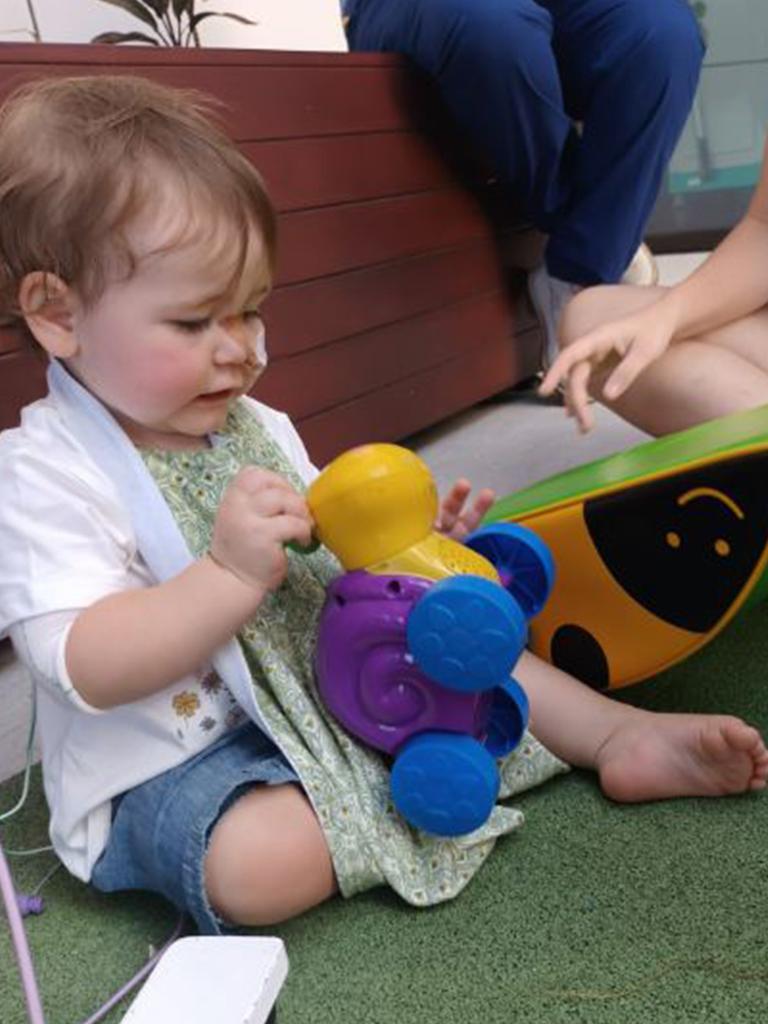
Ms Teerds said an average of 20 Australian children every week were taken to an emergency department after swallowing or inserting a battery, with one of those requiring surgery to remove it.
“I think every child that has surgery is too high and three deaths is unacceptable,” she said.
Kidsafe Queensland president and emergency paediatrician Dr Ruth Barker called on people to boycott button batteries.
“It is hard to comprehend that we, as a society, can plan to send a manned mission to Mars, yet cannot solve a 40 year old design failure with button batteries – until one realises that this cannot be for lack of invention or expertise, but could only be due to a lack of resolve,” she said.
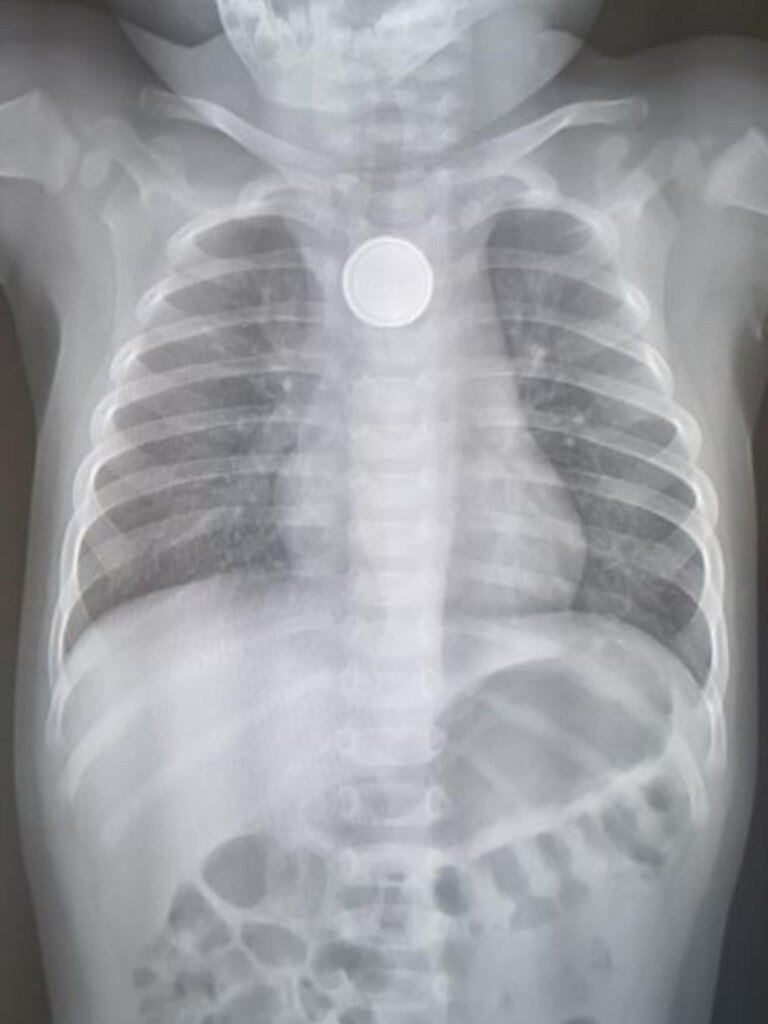
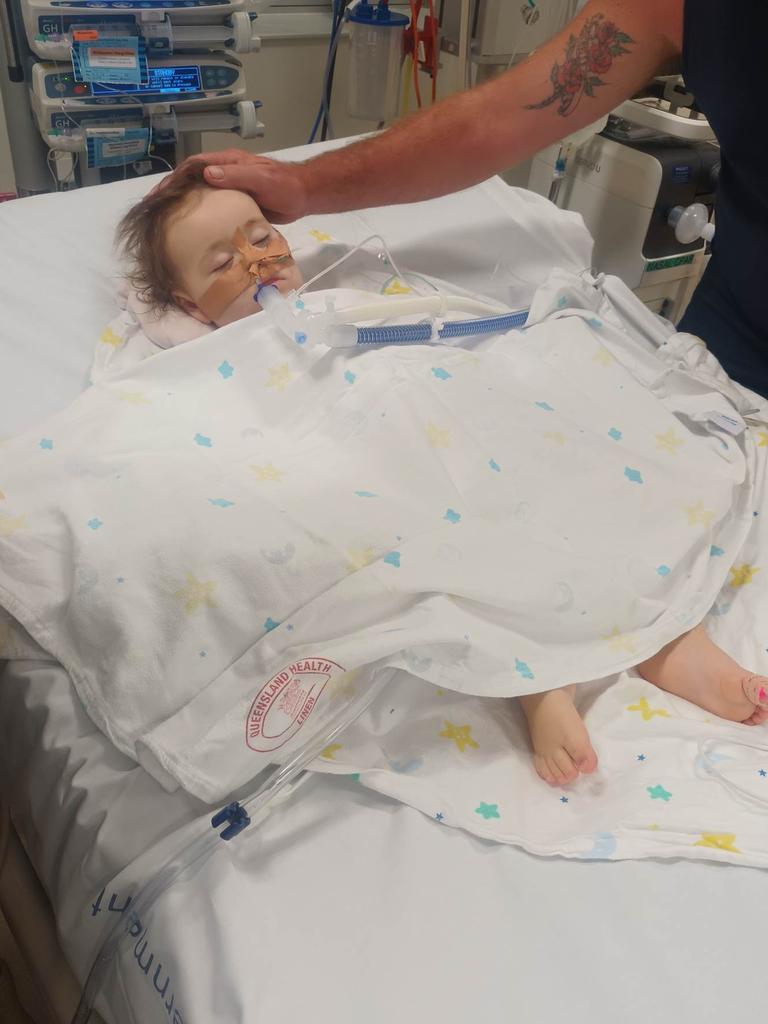
The father of one-year-old Amity agreed with the need for more education.
“It (the battery Amity swallowed) came from a key that was in our drawers, it must have been an old key and it must have been loose,” he said.
“There could be an online forum or parenting classes for new parents explaining not to leave old keys in your drawers or even just broader education on where the batteries are located.
“It’s not something every parent would be thinking about. The key is too big to swallow but you don’t think they will pull the key apart and rip the battery out.”
Amity is expected to remain in hospital for up to six weeks while she recovers.
A spokesman from the Australian Competition and Consumer Commission said the world’s first mandatory safety standards for button batteries came into effect in Australia last year.
They include a requirement for products to have secure battery compartments and for batteries to come in child safe packages with warnings and emergency advice.




